What is an LPC – OPC – LOE?
LPC
The LPC is used for skill demonstration in order to revalidate your license. The LPC is an annual recurrent training which consists of ground training followed by training/checking in the full-flight simulator.
The pilot demonstrates proficiency in all flight conditions, good adherence to standard operating procedures and proper application of Crew Resource Management (CRM) principles. LPCs are designed because you obviously can’t practice non-normal & emergency scenarios during line flights.
OPC
The OPC is a semi-annual recurrent training which consists of training/checking in the full-flight simulator. The following maybe be integrated into the course:
- Pilot qualification to operate in either pilot’s seat and applicable
- Low Visibility Operations (LVO) recurrent training and checking
- Type rating command upgrade
- Special airport qualification
- Line Oriented Flight Training (LOFT)
- CRM
- Emergency and safety equipment training
LOE
The LOE is the primary proficiency evaluation. This evaluation addresses the individual’s ability to demonstrate technical and CRM skills appropriate to fulfilling job requirements in a full mission scenario environment.
The intent of an LOE is to evaluate and verify that an individual’s job knowledge, technical skills and CRM skills are commensurate with AQP Qualification Standards. The LOE is conducted in a simulation device approved for its intended use in the AQP.
Line Oriented Flight Training (LOFT)
What is LOFT?
LOFT is carried out in a flight simulator as part of initial or recurrent flight crew training. It involves a detail conducted in real time and representative of line operations but includes special emphasis on abnormal situations which involve communications, management and leadership. The abnormalities which will be encountered are not pre-briefed.
A Line Operational Simulation (LOS) flight scenario designed for training purposes to provide practice in the integration of technical and CRM skills. LOFT is conducted using a complete cockpit flight crew to the maximum extent feasible and is accomplished in a Transport Canada approved simulation device. A LOFT training session is not interrupted by the instructor, unless negative learning begins to occur.
“LOFT can have a significant impact on aviation safety through improved training and validation of operational procedures. LOFT presents to aircrews scenarios of typical daily operations in their airline with reasonable and realistic difficulties and emergencies introduced to provide training and evaluation of proper flight deck management techniques. The result is an appreciation by the air carrier of operational shortcomings on the part of line crews and an evaluation of the adequacy of flight deck procedures and instrumentation, as well as over-all crew training effectiveness.
LOFT scenarios may be developed from many sources, but accident reports provide a realistic and appropriate starting point. A properly conducted LOFT programme can provide great insight into the internal workings of an airline’s operations and training programme for the following reasons:
- If similar mistakes seem to be recurring among pilots, it may indicate a potentially serious problem as a result of incorrect procedures, conflicting or incorrect manuals, or other operational aspects.
- It may reveal areas in aircrew training programmes which are weak or which need emphasis.
- It may reveal problems with instrument locations, information being presented to pilots, or other difficulties with the physical layout of a particular flight deck.
- Air carriers can use it to test and verify flight deck operational procedures.
LOFT should not be used as a method of checking the performance of individuals. Instead, it is a validation of training programmes and operational procedures. An individual or crew needing additional training after a LOFT session should be afforded that opportunity immediately with no stigma or recrimination.
A LOFT session should not be interrupted except in extreme and unusual circumstances. Repositioning the simulator and repeating problems is inconsistent with the principles of LOFT. Part of the benefit of LOFT is derived from an individual or crew being able to quickly appreciate the results, either positive or negative, of operational decisions. After completion of such a session, a thorough debriefing should be made of all aspects. This may be accomplished by an initial self-debriefing by the crew, followed by the LOFT co-ordinator’s (check pilot’s, instructor’s) debriefing. This critique should include the use of such aids as voice and video recorders, as well as written notes.”
What is an LPC – OPC – LOE?
Pilots may face sometimes complex situations during daily flight operations due to aircraft technical malfunctions or non-technical factors such as adverse weather. To ensure pilots maintain the competence to master such scenarios safely. An authorized examiner then verifies the competence of the pilot during a proficiency check.Need a License Revalidation?























